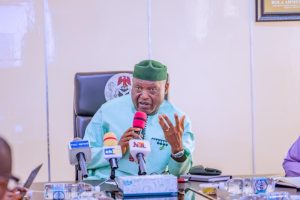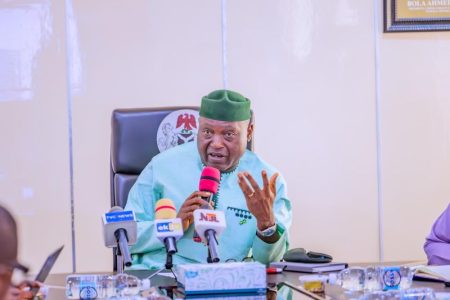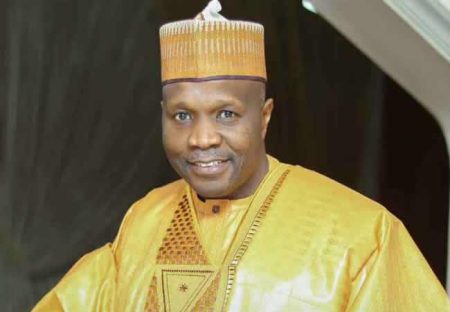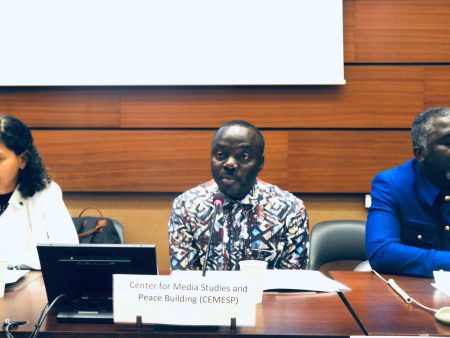Osun State witnessed a dramatic surge in its Internally Generated Revenue (IGR) in 2024, more than doubling to N54.7 billion from N25.3 billion in 2023. This remarkable increase, as revealed in the state’s Financial Statements and Accounts for the year ending December 31, 2024, represents a significant leap in revenue generation under Governor Ademola Adeleke’s administration. The report, presented by State Auditor-General Kolapo Idris, detailed the state’s overall financial performance for the year, showcasing a total revenue inflow of N306.8 billion. This figure comprises N159.7 billion from statutory allocations, N66.8 billion from Value Added Tax (VAT), and N25.4 billion from capital receipts and development partners’ funds.
This remarkable IGR growth highlights a substantial improvement in the state’s revenue-generating capacity, potentially indicating enhanced efficiency in tax collection, improved business environment, and increased economic activity. The implications of such a significant rise in IGR are multifaceted, potentially leading to greater financial autonomy for the state, increased capacity for public investment in infrastructure and social services, and improved overall economic development. However, the reported figures have also sparked controversy and political debate within the state.
The state’s expenditure for 2024 totaled N273.5 billion, indicating a focus on capital projects and infrastructure development. A significant portion of this expenditure, N118.6 billion, was allocated to capital expenditure, suggesting the government’s commitment to long-term investments. Personnel costs accounted for N61.4 billion, demonstrating the state’s commitment to its workforce. Overhead costs and other recurrent expenditures were N65.7 billion and N27.6 billion, respectively, reflecting the operational costs associated with running the state government. The detailed breakdown of expenditure provides transparency and allows for public scrutiny of how public funds are utilized.
The substantial increase in IGR has elicited mixed reactions from the state’s political landscape. The All Progressives Congress (APC), the opposition party, expressed skepticism about the reported figures, alleging a lack of transparency in the government’s financial dealings. Kola Olabisi, the APC spokesperson, questioned the veracity of the IGR figures, suggesting they might be fabricated to bolster the current administration’s image. He criticized the perceived secrecy surrounding government operations, implying a lack of accountability and raising concerns about the actual source of the increased revenue. This skepticism highlights the political tensions surrounding the state’s financial performance.
In contrast, the ruling Peoples Democratic Party (PDP) defended the reported figures, emphasizing the transparency and credibility of the financial statements. Oladele Bamiji, the PDP’s Director of Media, attributed the IGR growth to the Adeleke administration’s commitment to transparent governance. He dismissed the APC’s allegations as unfounded and stemming from their past practices. Bamiji further challenged the APC to pinpoint specific inaccuracies in the reports, suggesting their criticism was based on financial illiteracy rather than concrete evidence. This stark contrast in perspectives reflects the deep political divide within the state.
The contrasting narratives presented by the APC and the PDP underscore the importance of independent verification of the financial statements. A thorough and impartial audit by an external body would help to establish the accuracy and credibility of the reported figures, addressing concerns about transparency and potential manipulation. Furthermore, a detailed analysis of the contributing factors to the IGR increase is crucial for understanding the sustainability of this growth and its potential impact on the state’s long-term financial health. This would involve examining the specific sources of revenue growth, such as improved tax collection mechanisms, increased economic activity, or other contributing factors. This thorough evaluation will provide a comprehensive understanding of Osun State’s financial performance and its implications for the future.














